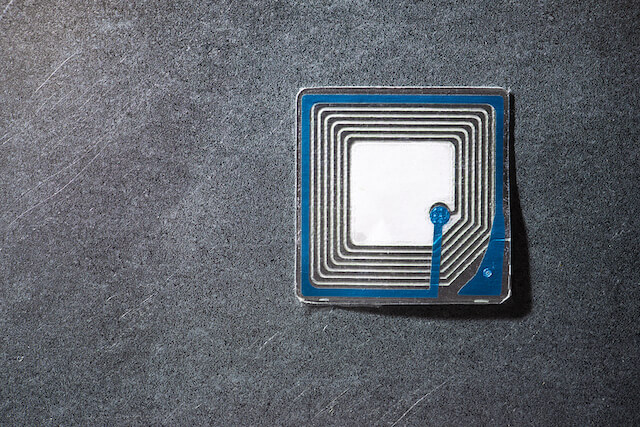How RFID Implementation Helps In Maintaining Business Health

Employees’ health is important but so is business health. The incorporation of RFID technology has been successful across many industries due to its ability to improve business processes and the demands expected of it.
For instance, military RFID has helped significantly in ensuring weapons are not misplaced and are tracked at all times in case of theft. Likewise, logistic companies implement RFID to have an updated list of which inventory has been placed and taken out of their trucks. While airline industries are using RFID smart trolley to keep track of expensive tools used to service their airplanes as well as to the stock and condition.
It’s clear how RFID has helped many businesses grow and boost returns by securing assets and improving efficiency. With that being said, here are 3 ways that RFID tags have helped to maintain business health.
Increases safety
Safety is a critical and contentious topic in business, depending on the industry. For instance, in the healthcare industry, it is damaging to hear of a patient receiving an inaccurate diagnosis, blood, or even medication. Also, RFID has also been used to pinpoint medical equipment’s exact location in case it’s misplaced or goes missing within a facility.
The use of RFID tags can be applied to patients too – ensuring they receive the necessary attention, medication, according to diagnosis recorded. Especially in times where a COVID-19 pandemic is prevalent, it’s important that isolated patients are not in the same location as others with different illness.
Therefore, RFID access control ensures that only the permitted medical personnel, and patients get into the restricted wards and quarantine rooms.
From ensuring the correct parts are shipped to using the right formula or medication – RFID has numerous uses that help to maintain hospitals and other such medical facilities in the healthcare industry.
Addresses shrinkage issues
Until certain assets go missing or processes gets complex, a business may not find it necessary to implement RFID in day-to-day operations.
However, as in every business – both big and small – the loss of inventory or equipment can lead to delayed deliveries, poorer productivity in business operations, and ultimately, loss in profit.
But with the application of RFID technology, a business is able to always account for the location of all items in the warehouse. One is able to easily track when a specific item has left the facility, the particular exit used, and the staff that facilitated the process. This is possible as every asset identification tag has its own unique numerical identifier which specifically matches the inventory stored in the system.
With this kind of technology in place, shrinkage issues and financial stress will be reduce significantly. Hence, ensuring easy monitoring within a warehouse, from selecting and packing, transport process, and outlet receiving helps to keep assets secure and traceable.
Improves inventory accuracy
Inventory often is the foundation of most businesses, especially in the retail and logistics sector. Without a proper inventory count, a business may easily run losses throughout its operations. Therefore, it is important to find the appropriate technology to ensure a seamless inventory accountability process.
Initially, companies relied on human labour for inventory counts, which was impeded by inaccurate inputs, leading to incorrect information. Afterwards, came the implementation of barcodes – which was able to help perform standard inventory counts in a controlled manner. However, it was still limited in capacity and speed.
Then, RFID technology was implemented, performing as an effective asset tracking system that helped to make inventory counts a lot more direct, faster, and easier to conduct. It has also helped to obtain real-time insights and data.
Technology is always advancing to help businesses secure their processes and profits. And in this case, it would be the implementation of RFID which has contributed and assisted towards this objective.